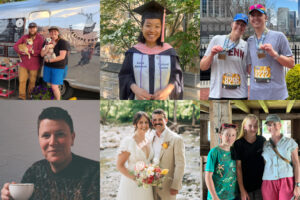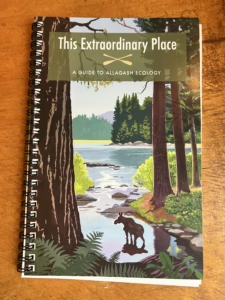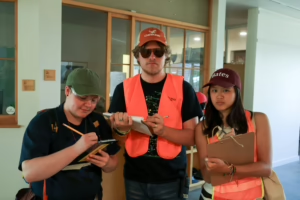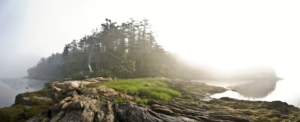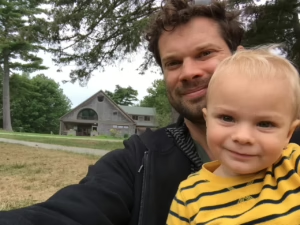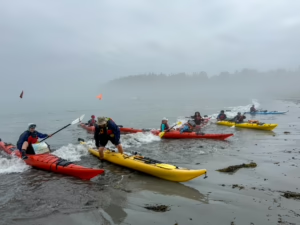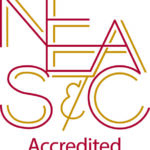Grace Callahan, an alumna of Camp Chewonki (‘11-’13) and former summer farm worker (’14), is about to embark on one of the most purposeful and challenging expeditions of her life: a year-long solo trip to study the role of women in fishing communities around the world. Callahan’s work is being funded by a Thomas J. Watson Fellowship, a prestigious grant that supports travel in pursuit of a dream project for about 40 graduating college students nationwide each year.
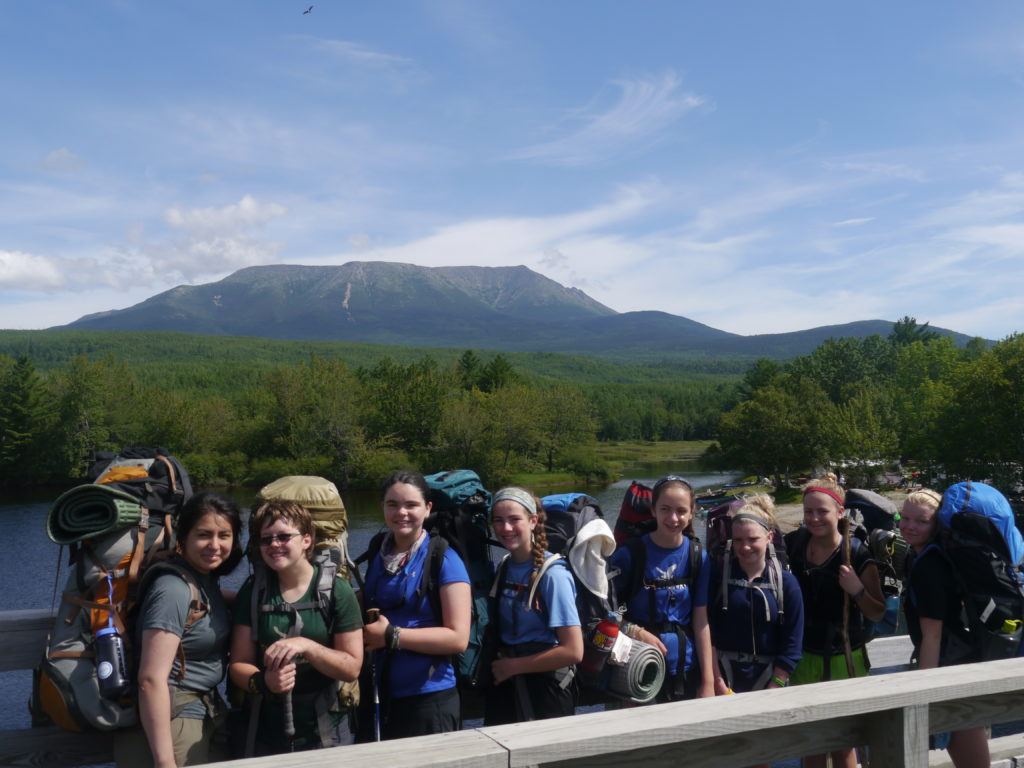
A recent graduate of Wellesley College in biological science, Callahan cites her experience growing up in Portland, Maine, as a significant influence, pointing to how Maine’s coastal economy influences cultural traditions, the distribution of people, health, and more. “The relationship between humans and marine ecology is reciprocal,” she says. “The pressures of fishing shape wild ecosystems, which in turn, shapes society.”
Callahan says that fishing will be an essential tool in abetting world hunger in the future. “We can’t only focus on the ecological discussions and leave out the social and cultural. For example, women are a huge part of this industry, but they are often not recognized or protected. Why?”
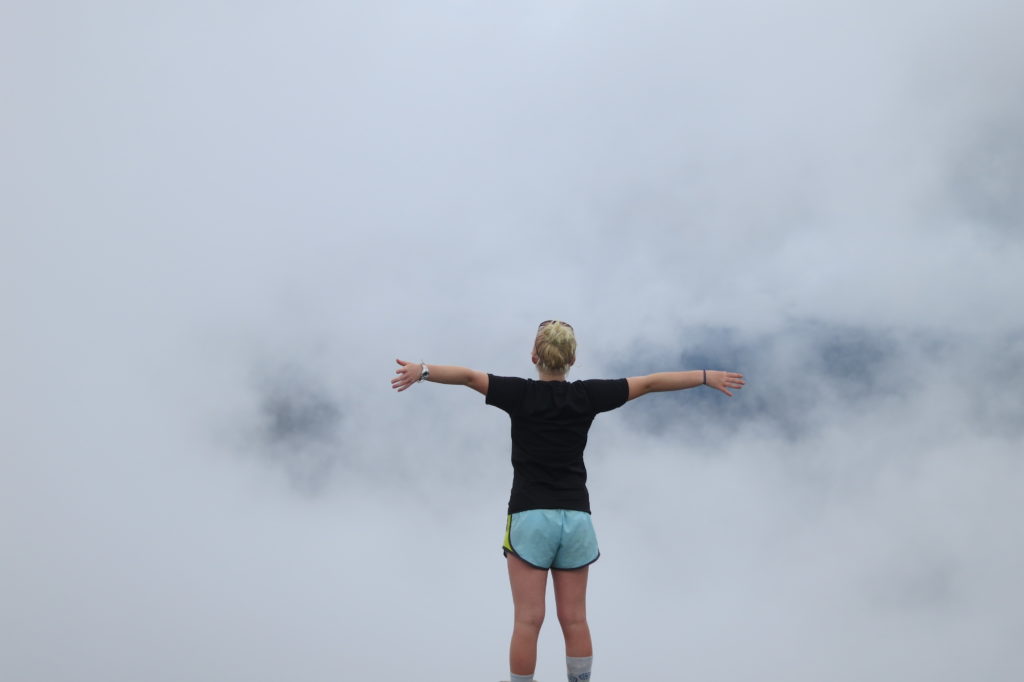
To help answer this question, Callahan will look at fishing industries where women are relatively invisible and places where they have influential roles, like South Korea, for example. In this country, female free-divers called haenyeo once dominated the fishing industry and are still prominent members of society, (although the numbers are shrinking as young women choose other careers).
Callahan originally planned to research in Chile, Spain, Tanzania, and South Korea, but the pandemic has shifted her itinerary. She is now considering Iceland, Peru, Kenya, and Palau. However, within the quickly changing climate of a global pandemic, she’s keeping her final itinerary flexible.

Callahan’s efforts are remarkable not just for the scope of her research but because at the young age of twenty-two, she’s about to embark on a fully-funded, self-designed global research trip where she’ll often be traveling solo as a non-native speaker. This is a woman who’s not afraid to push her limits in pursuit of her goals. Callahan thinks Chewonki had something to do with that.
“One of the most memorable experiences I had at Camp Chewonki was climbing Mt. Katahdin in my third summer,” says Callahan. “I wasn’t positive that we were going to make it. But, when we finally reached the top, standing at the summit was one of the highlights of my life. Chewonki taught me that I could reach beyond what I thought I could do.”
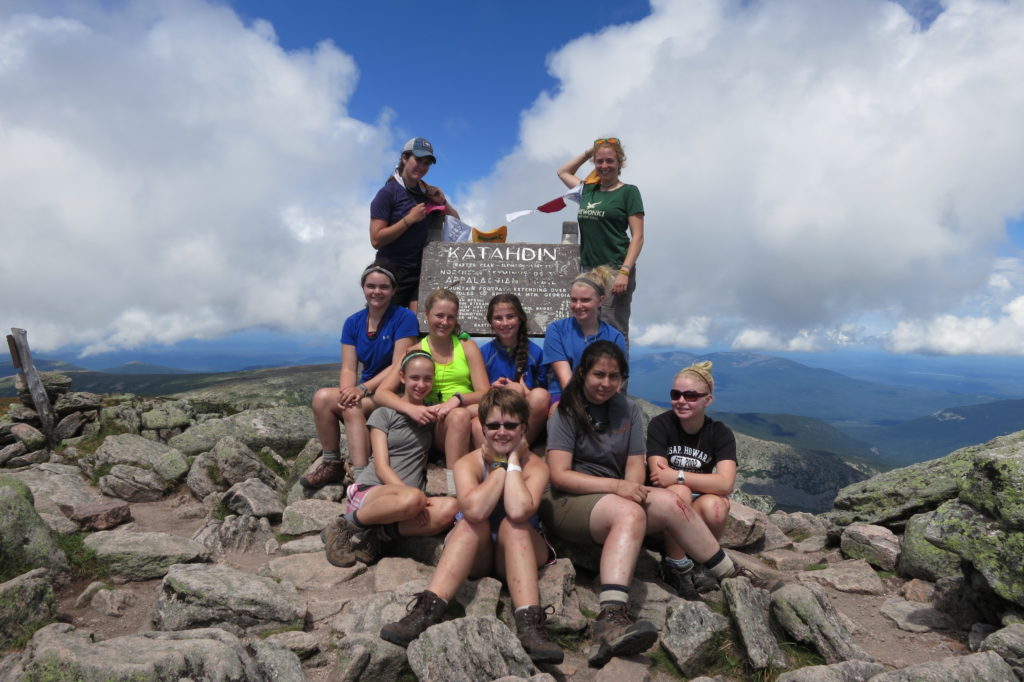
Callahan’s summers at Camp Chewonki also fed her growing interest in the natural world and taught her to see the human dimensions of “wild” landscapes. “[at Chewonki], on the face of it, you’re canoeing and camping. And you’re also learning about the ancestral trade routes of indigenous peoples, the history of canoes and other handcrafts,” she says, citing many ways human culture intertwines with the natural world. Human ecology is just “baked in,” she says.
After three summers at Camp Chewonki, Grace returned for a fourth summer to work on our farm. “The staff really knew their stuff,” she says. “The way they explained big ecological topics in a clear and fun way was inspirational.” All of it set her down the path, she says, that she’s pursuing today.
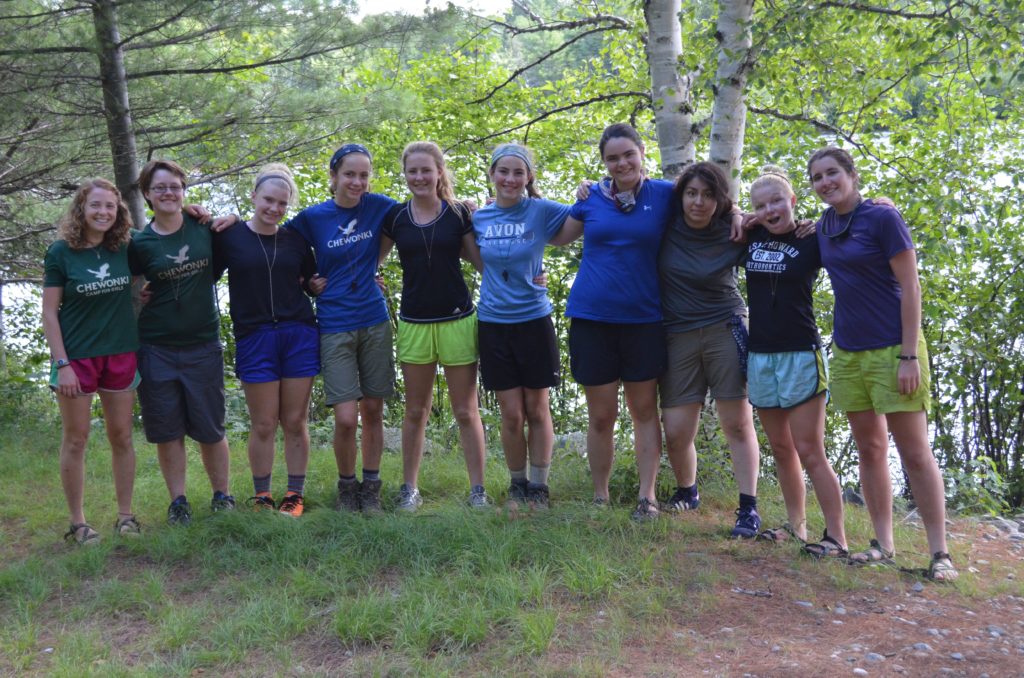
For the time being, Callahan is wrapping up an internship at Living on Earth, a weekly environmental news program hosted by PRX. She’ll then spend a few months in Washington D.C. and plans to depart on her trip this winter. We couldn’t be more excited to follow her progress. You can follow her, too, via twitter at @gcallah1.
Best of luck, Grace!
